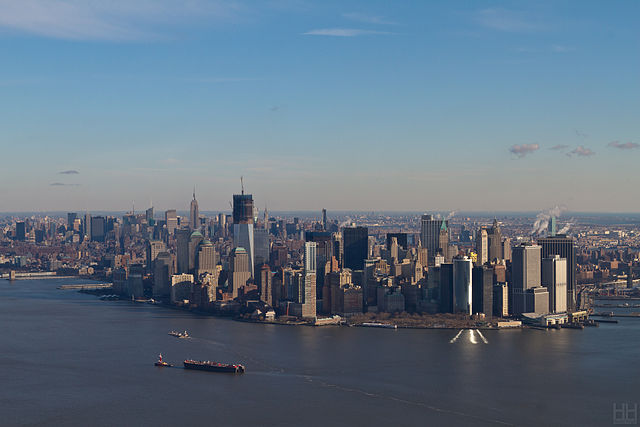More than 18 percent of office space in New York City is vacant, the highest rate in more than 30 years, according to a report just released by the state comptroller. Rents are down 4 percent and total employment in the city has dropped by 11 percent, almost four times as much as after the 2008 financial crisis.
More than 10 percent of all office space in the nation is shown in this photo, and much of it may remain vacant after the pandemic ends. Photo by Harold Hoyer.
One indicator of the reduction in office use, the report notes, is swipe rates: the number of times that employees access buildings. According to Kastle Systems, a company that manages access systems in many New York City office buildings, swipe rates declined by more than 95 percent in April 2020. Since then, they have recovered to less than 30 percent of pre-pandemic rates. This suggests that a lot of office space that is still under lease may be vacated when leases expire. Continue reading











